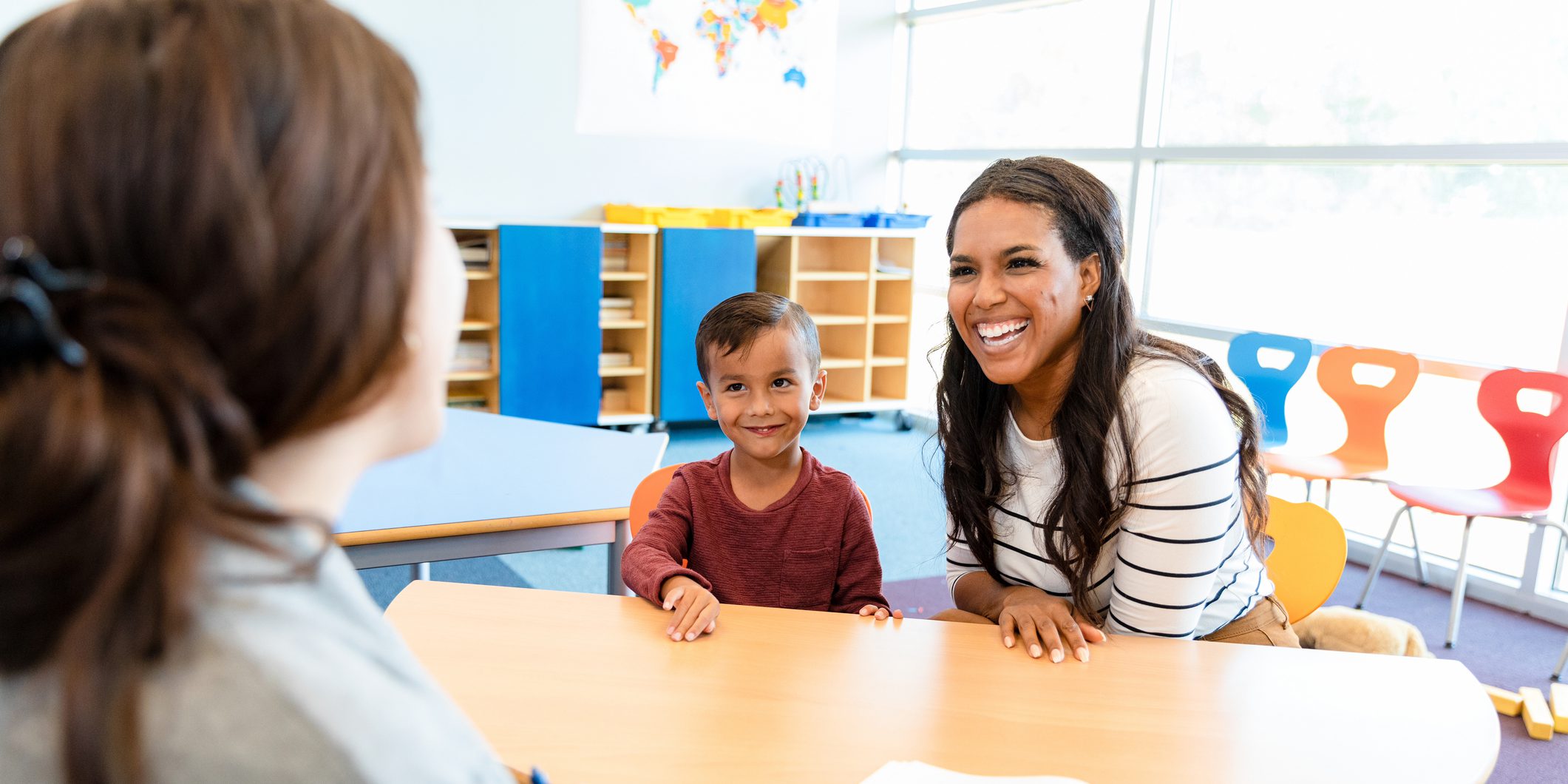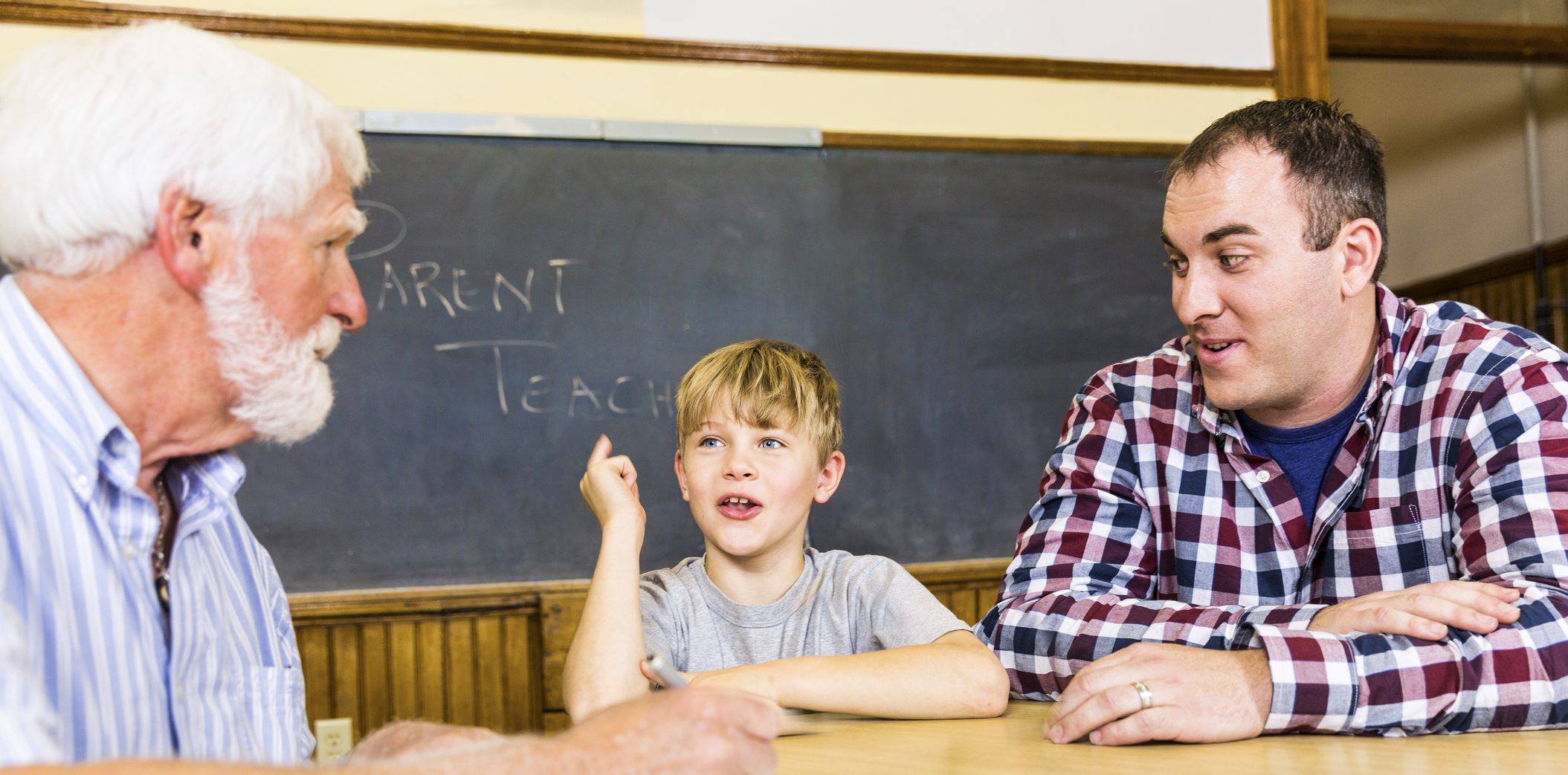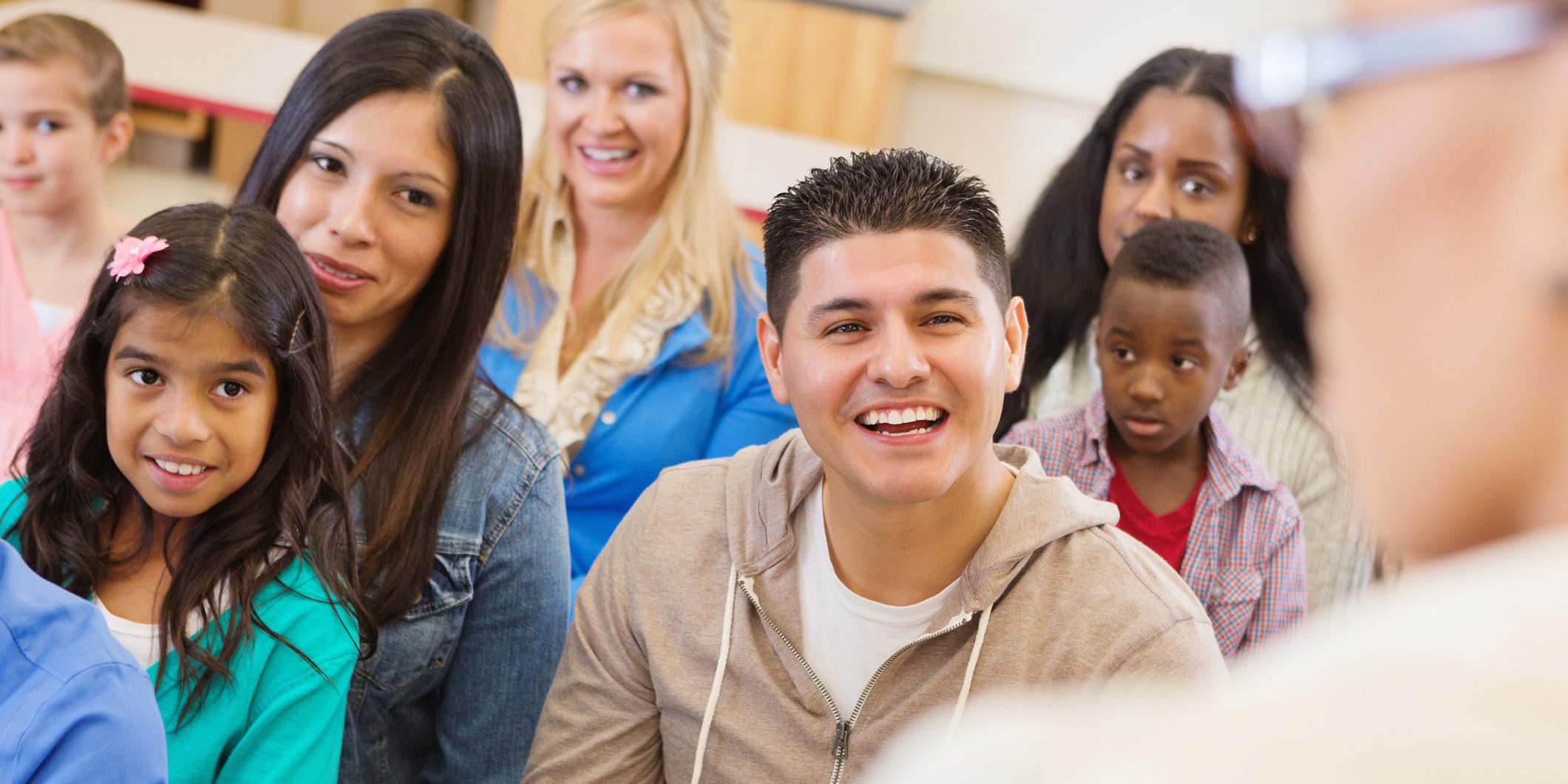Family Education and Involvement
Having strong relationships with families in which decisions are made and problems are solved together can significantly improve children’s learning and behavior. Family Education and Involvement generally refers to efforts by the early learning program to keep families informed. It also pertains to partnerships built with families to improve experiences for their children and the entire program.
Professional Learning Resources
This section includes professional learning resources that can help practitioners deepen their understanding of quality for this topic.
Online Course
Head Start’s Early Childhood Learning & Knowledge Center (ECLKC) offers strategies practitioners can create a relationship-based culture supporting family engagement. Practitioners will further build their knowledge in making successful, collaborative program staff and family partnerships.
Age(s): Infant, Toddler, Preschool, School-age
Online Course
This online course from Texas A&M AgriLife offers specific strategies for building trusting relationships and creating collaborative partnerships with families to build a solid educational foundation for children. ($30) (4 hours)
Age(s): Infant, Toddler, Preschool
Online Course
In this series of online trainings, participants learn about research-driven ways to partner with families in supporting children’s development. Family education and involvement are critical components in the establishment of successful home-school relationships, and this professional development series will help programs build a strong partnership between home and school.
Age(s): Infant, Toddler, Preschool
Online Course
Head Start’s Early Childhood Learning & Knowledge Center (ECLKC) gives suggestions on how to gather and share information with families to support children’s learning and development. Practitioners will further build their knowledge and skillset to have ongoing conversations with parents regarding the child’s experience, progress, and development.
Age(s): Infant, Toddler, Preschool, School-age
Online Course
Practitioners can work alongside families to support children’s ongoing development through everyday interactions and experiences. Through this course, practitioners will further build their knowledge and skillset to have ongoing conversations with parents to assist them in better understanding child growth and development, especially regarding their child’s experience and progress at the program.
Age(s): Infant, Toddler, Preschool
Online Course
Practitioners will discover ways to engage families when they have concerns that a child is at risk for a disability or developmental delay. With proper documentation, staff and families can work together to make decisions regarding the child’s experience and discuss the supports available for children with differing abilities.
Age(s): Infant, Toddler, Preschool
Online Course
Practitioners will explore ways to partner with families to understand and respond to children’s behavior as communication. Practitioners will further build their knowledge and skillset to have ongoing conversations with parents to regarding their child’s experience and progress at the program.
Age(s): Infant, Toddler, Preschool
Implementation Tools
In this section you will find tips, strategies, examples, and specific tools and products that can improve your implementation of practices related to this topic area.
Toolkit
This workshop series engages families in hands-on learning experiences with a focus on social and emotional learning, character development, and executive function skills. The program includes full activity plans and links to related media. Program staff can provide access to these workshops and resources to assist them in better understanding child growth and development.
Age(s): Preschool, School-age
Toolkit
Make the most of procedures you already have in place—like progress monitoring, homework, parent-teacher conferences, and open houses—with CLI’s Family Engagement Toolkit. Download guides and tools, discover resources to share with families, and access free professional development to foster a strong relationship between school and home!
Age(s): Infant, Toddler, Preschool
Observation Form
Assessment practices should include receiving input from families on children’s developing skills. The Circle Progress Monitoring: Family Observation Forms are appropriate for preschool children and can be used in conversations with families to identify skills that could be supported at home and at the program.
Age(s): Preschool
Implementation Tool
These brief learning modules are free for family members. They introduce common strategies to support children’s learning at home like reading books, plus common challenges families face, like encouraging children to cooperate. This link will take you to a list of PALS Spotlights, where you can select any topic. These modules may be useful to incorporate into a program’s family education plan.
Age(s): Infant, Toddler, Preschool











